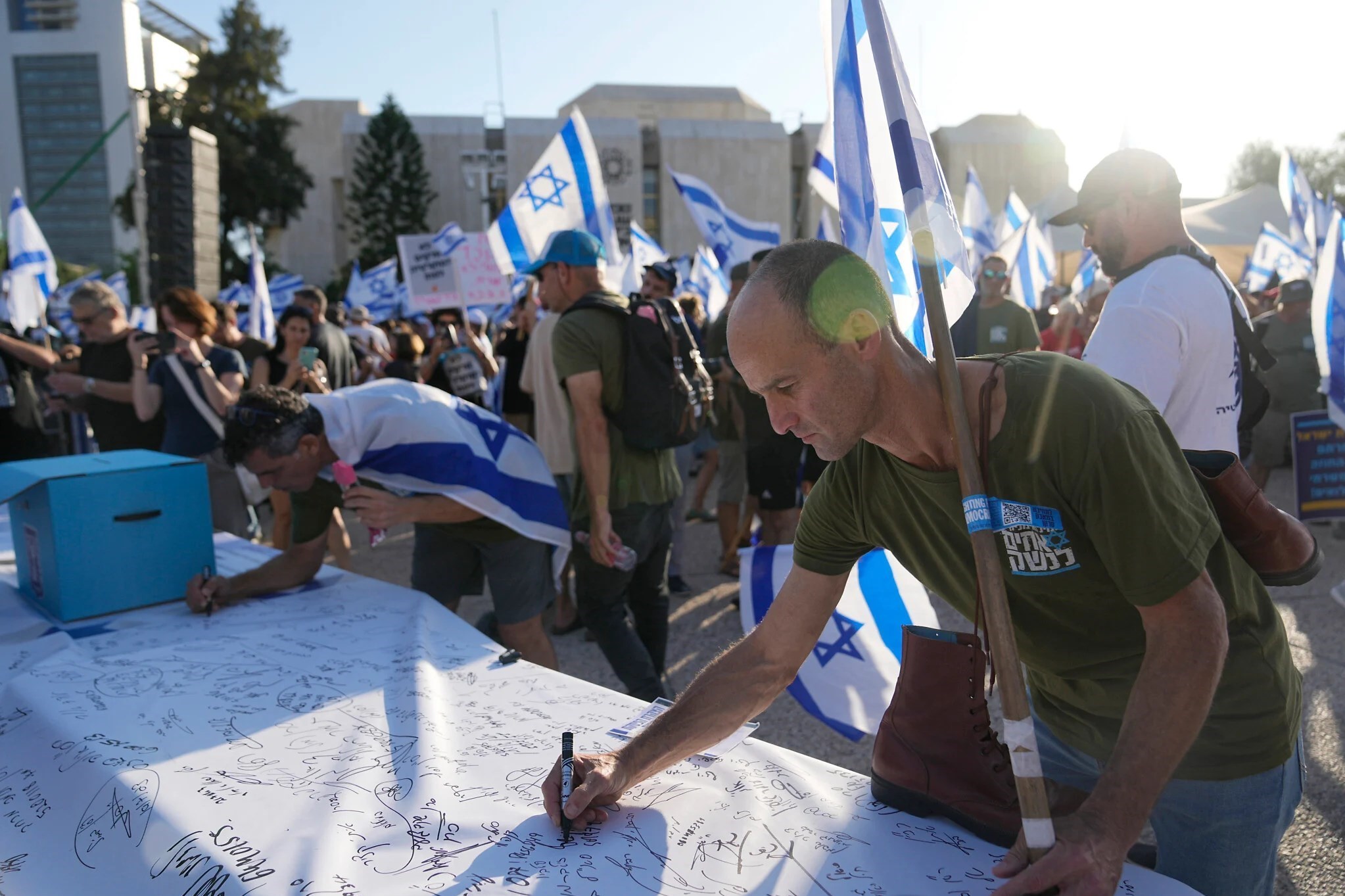Military commanders are increasingly concerned about the growing movement of rebellious and exhausted Israeli soldiers and have entered negotiations with the mutinous personnel in hopes of preventing the crisis from escalating further.
The emergence of the mutiny movement among the Israeli military personnel is attributed to the pressures arising from the ongoing Gaza war, with reports surfacing about commanders’ attempts to calm the situation. Following the release of a petition by reserve forces regarding the mutiny, Prime Minister Netanyahu and political figures of the regime had taken a hardline approach, calling for the expulsion of the rebellious soldiers.
According to the Israeli newspaper Yedioth Ahronoth, military commanders have been engaging in dialogue with those soldiers who signed the petition and requested a ceasefire. The report indicates that this represents a shift in the approach toward dealing with mutinous individuals, as the Israeli army is reluctant to confront the soldiers who signed the petition for the cessation of hostilities, fearing that such a confrontation could exacerbate the phenomenon of mutiny and protests against the continuation of the war.
Two weeks ago, around 1,000 pilots and members of the Israeli Air Force sparked the military protests, which quickly spread to ground units, intelligence operations, and eventually to Israeli police forces. Reports indicate that former Mossad chiefs Dany Yatom, Efraim Halevy, and Tamir Pardo, along with several former deputies and dozens of heads of various sections within the Mossad, have joined the protests.
In an aggressive response to these dissenting voices, Prime Minister Netanyahu accused the opponents of mutiny and rebellion, suggesting that their actions aimed to undermine Tel Aviv and the security of the regime amid the war. Yedioth Ahronoth further noted that the statements made by political cabinet officials act like “gas on the fire” that could ignite further protests.
In this context, the Israeli military intelligence command has initiated negotiations with the rebellious pilots to address the critical situation. Following the pilots’ declaration, reserve officers and physicians of the Israeli army have joined the protests against the ongoing Gaza conflict, alongside 200 retired Israeli police officers.
The newspaper Asharq Al-Awsat reported that dozens of soldiers from the Israeli Navy’s Squadron 13 also signed a petition in support of the pilots’ statement issued on April 9, 2025, calling for the return of Israeli prisoners. Additionally, 200 graduates of the army’s offensive cybersecurity program, along with infantry units and 1,600 paratroopers, have demanded an end to the Gaza war.
Previously, security and military analysts within the Israeli regime had warned about the effects of the prolonged conflict on the Israeli army, stressing that a war of attrition would have political and military repercussions for the regime. The pressure of war has led Israeli soldiers to refuse orders from their commanders under the pretext of seeking the freedom of captives as a condition for stopping the hostilities.

